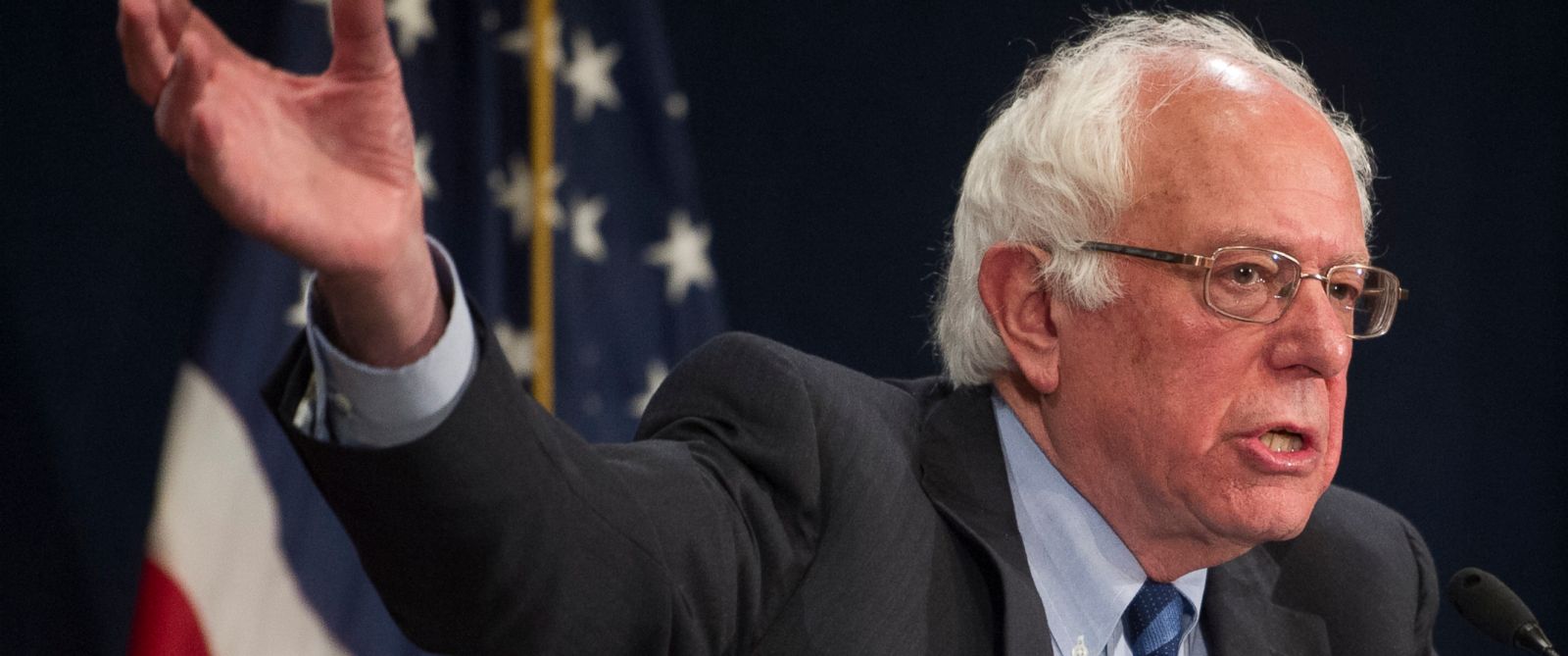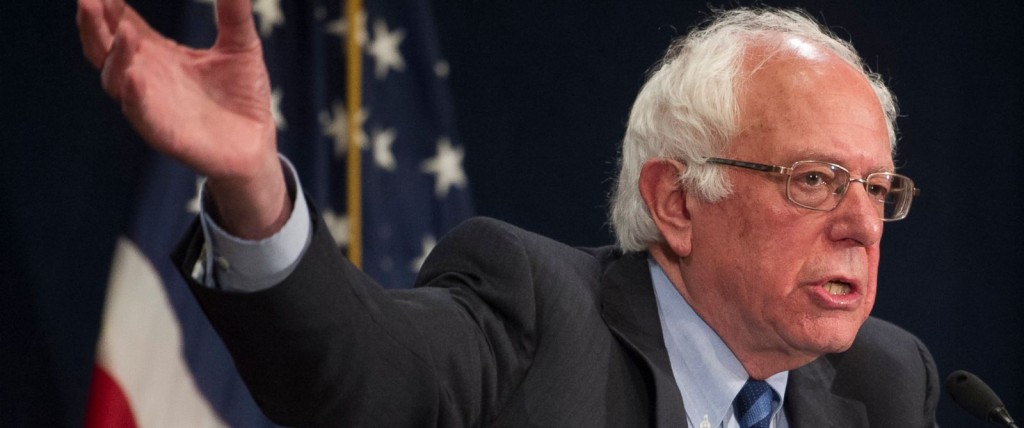Bernie Sanders Says Clinton Faces ‘Contested’ Convention

Bernie Sanders said today he will consider the Democratic Party's convention "contested," unless his opponent Hillary Clinton gets enough pledged delegates to win nomination without super delegates.
The Vermont senator essentially vowed to fight to win over those coveted party elites — the super delegates — until they formally vote in July.
"She will need super delegates to take her over the top of the convention in Philadelphia. In other words, the convention will be a contested contest," he said during a press conference in Washington, D.C. Sanders' top brass has been arguing this point for weeks, but this was the most direct statement the senator has made about his outlook on the remaining portion of the nominating process.
While it is unlikely that either candidate will be able to win enough pledged delegates alone to secure the nomination, according to estimates from ABC News, Clinton has the backing of 520 super delegates at this point, bringing her very close to the threshold.
By comparison, only 39 super delegates have committed to Sanders and the Vermont Senator argued that that fact was unfair considering some of his landslide wins.
"If I win a state with 70 percent of the votes you know what, I think I'm entitled to those super delegates. I think that the super delegates should reflect what the people in the state want," he said.
Sanders called on super delegates from states like Washington and Minnesota specifically, where he beat Clinton by double-digit margins, to change their allegiances.
In some ways Sanders contradicted himself during the press conference. He argued that super delegates should follow the popular vote from the states they represent, but also said they should consider backing him even if he does not win the majority of pledged delegates. His campaign distributed factsheets Sunday showing general election polling in battleground states and nationwide where he outperforms his opponent against Republican candidates.
"[Super delegates] are going to have to go into their hearts and they are going to have to ask themselves do they want the second strongest candidate running against Trump or the strongest candidate?" Sanders said.
Before heading to Indiana to campaign before that state’s primary Tuesday, the senator acknowledged that Clinton so far was winning the race by an overwhelming margin. Sanders would need to win 65 percent of the remaining pledged delegates to pull ahead of Clinton on that front. He said that, considering that number, he had a "tough road to climb," but added that it was not "impossible."
"We intend to fight for every vote in front of us and for every delegate remaining," he continued.
Asked if the campaign had any internal polling to suggest that they might be able to win the remaining states by the large margins need to pull ahead, Sanders' senior strategist Tad Devine said: "We believe the states ahead represent a real opportunity for Bernie."
"This belief is based both on data that we have for the upcoming states and on how well Bernie has done in states in the West in particular. We all understand that is a difficult challenge, in light of proportional representation, but we believe he will significantly cut into her delegate lead in the upcoming weeks," Devine added.
Политика конфиденциальности | Правила пользования сайтом








